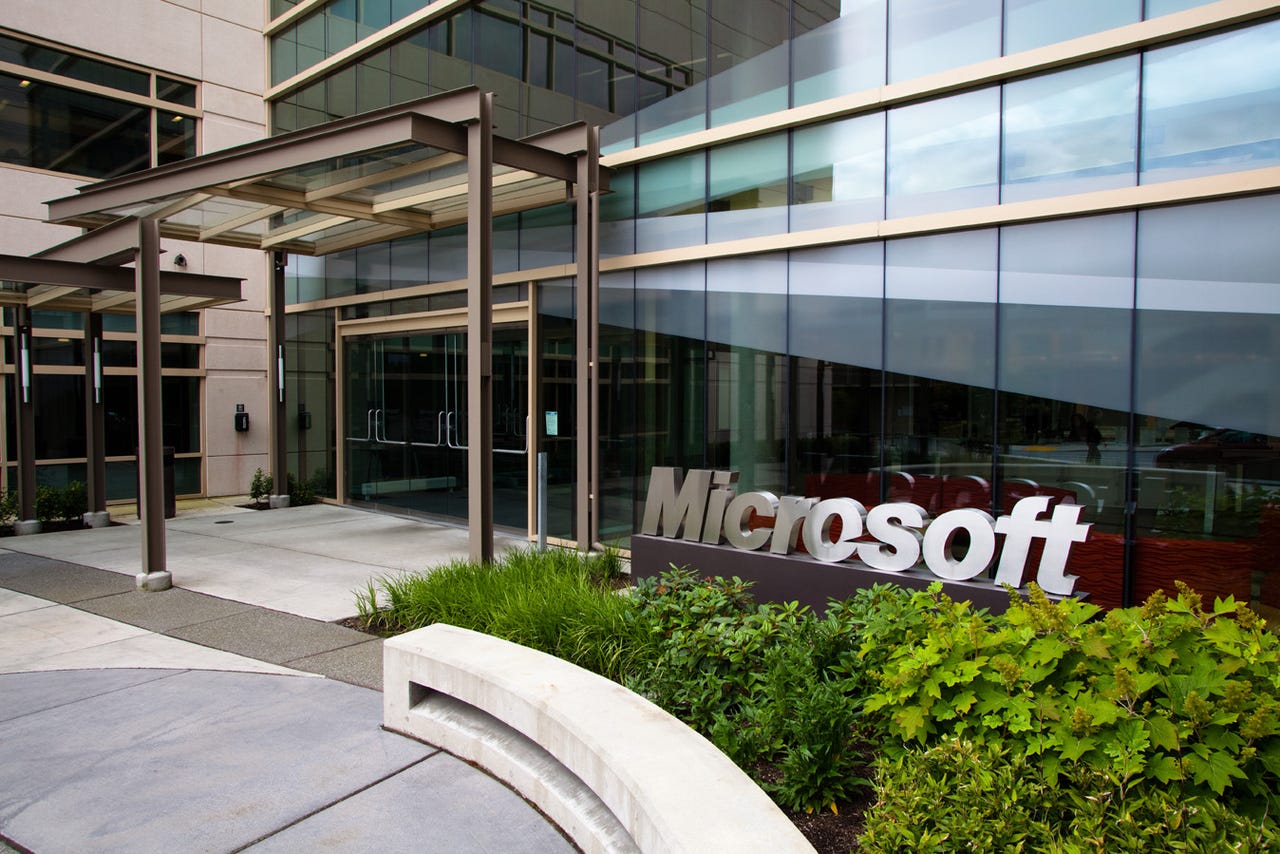Ex-Microsoft privacy advisor: I don't trust Microsoft, thanks to PRISM


Caspar Bowden says he does not trust the tech giant, and finds open-source, free software more to his taste.
The self-named "privacy advocate" spoke on Monday at a conference in Lausanne, Switzerland, dubbed the Congress on Privacy and Surveillance. Speakers discussed privacy and surveillance in the light of the National Security Agency (NSA) scandal. Issues of citizen privacy and how much control and reach governments should have in order to monitor the general public to detect terrorist and criminal threats have been brought to the forefront -- following the leak of confidential documents by Edward Snowden to the media -- and the conference discussed many of the issues currently being debated.
Bowden, who worked on privacy issues across 40 countries between 2002 and 2011, was first to speak. As reported by The Guardian, Bowden said he no longer trusts the software giant, and the extend of Internet monitoring conducted by the NSA in collusion with officials in the U.K., Australia, Canada and New Zealand is a threat to democracy.
NSA exposed
Bowden commented:
"The public now has to think about the fact that anybody in public life, or person in a position of influence in government, business or bureaucracy, now is thinking about what the NSA knows about them.
So how can we trust that the decisions that they make are objective and that they aren't changing the decisions that they make to protect their career? That strikes at any system of representative government."
Bowden claims he was unaware of PRISM and the NSA's other surveillance projects throughout his work, but predicted that these programs would exist. Bowden mentioned his concerns to European authorities last year, but says they did nothing more than "shrug" -- until Edward Snowden came to light.
Bowden said:
"I didn't know about Prism when I was at Microsoft and I don't trust Microsoft now. I'm completely free software now."
Bowden believes that such activities began in the 1970s, when U.S. laws gave authorities more freedom to spy on citizens, find and store data -- as well as granting protection retrospectively for wiretapping. In July, the PC maker was accused of close collaboration with the NSA and helping the agency to "circumvent its encryption" to enable chats to be intercepted in Outlook.com.
Microsoft has denied the allegations, stating:
"We do not provide any government with direct access to emails or instant messages. Full stop. Like all providers of communications services, we are sometimes obligated to comply with lawful demands from governments to turn over content for specific accounts, pursuant to a search warrant or court order.
This is true in the United States and other countries where we store data. When we receive such a demand, we review it and, if obligated to we comply. We do not provide any government with the technical capability to access user content directly or by itself. "
Last week, Microsoft disclosed data on requests made of the firm in the first half of 2013 by governmental bodies seeking user data. In the first half of 2013, Microsoft received 37,196 requests from governments worldwide, affecting 66,539 user accounts. In total, 7,014 of these requests came from the U.S. government, affecting 18,809 accounts.
However, NSA requests are not included in these numbers -- as Microsoft is legally prevented from disclosing the numbers. However, the tech giant, Google, Facebook and Yahoo have filed a motion in the FISC (U.S. Foreign Intelligence Surveillance Court) to be allowed to reveal this data.
Correction: Caspar Bowden was not a formal privacy advisor to Microsoft.